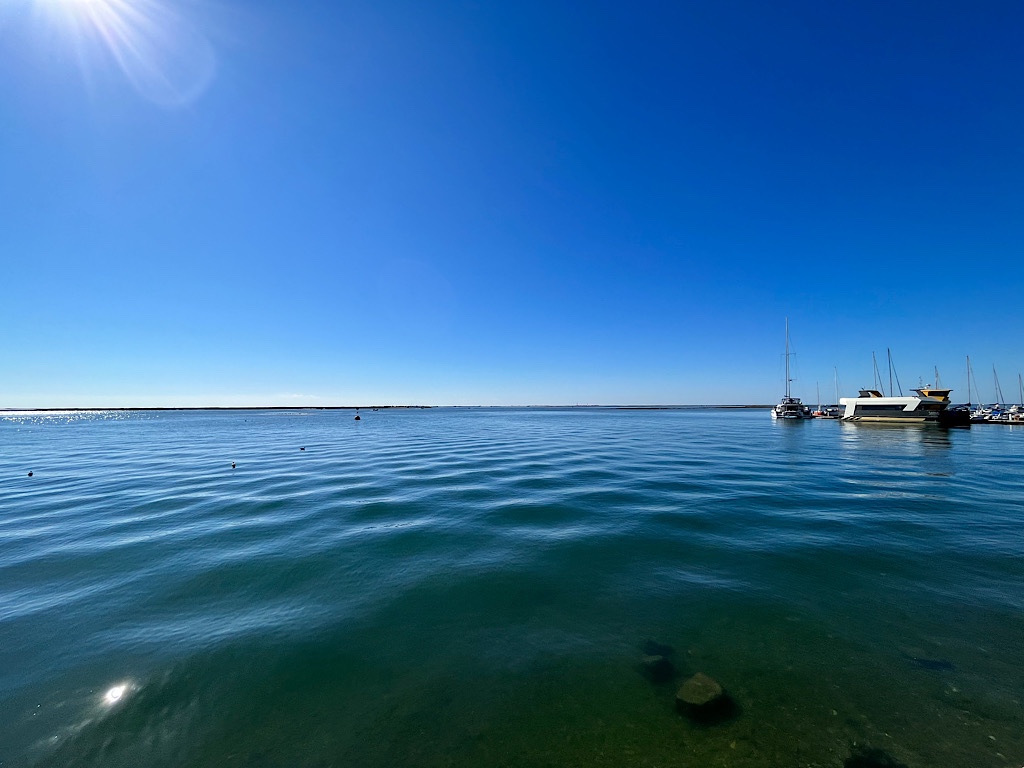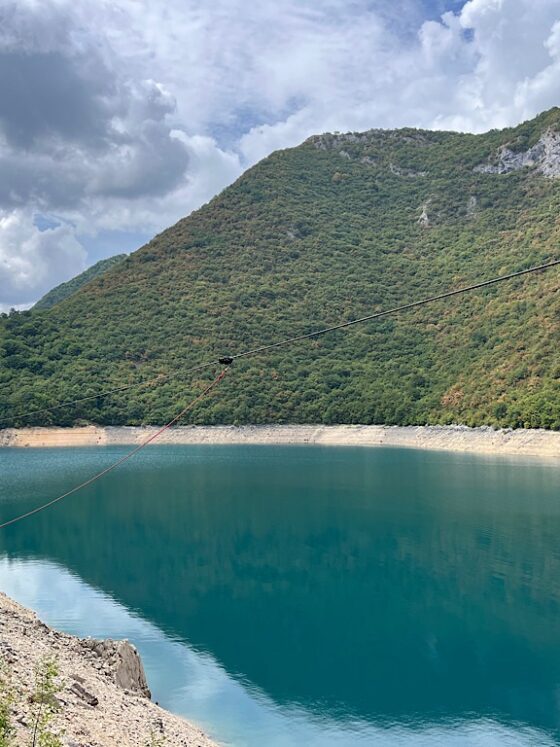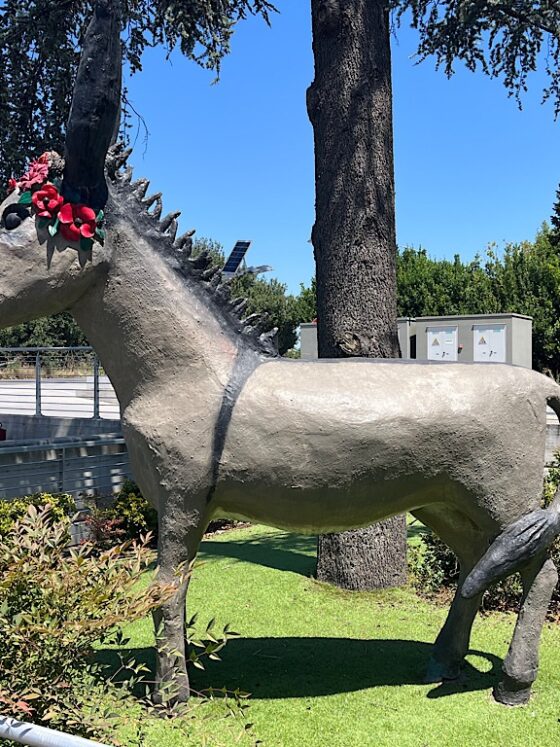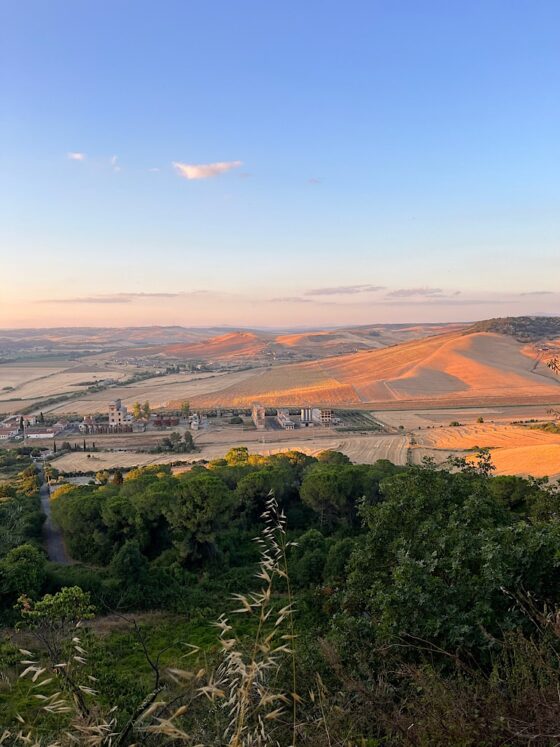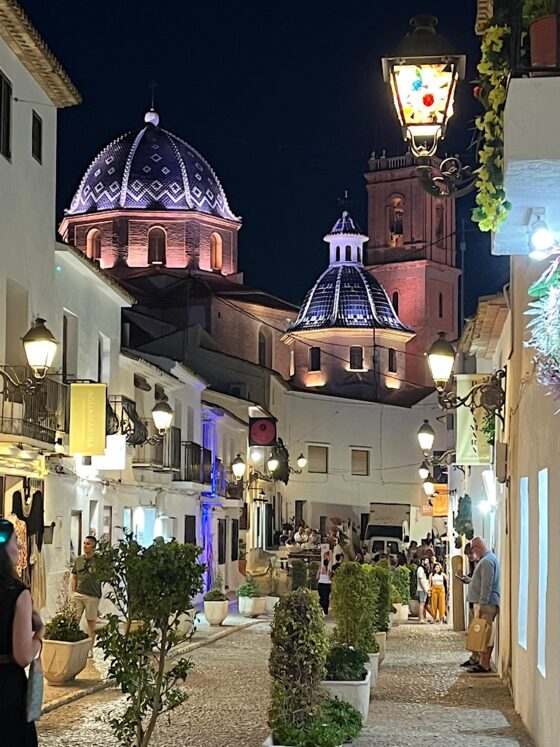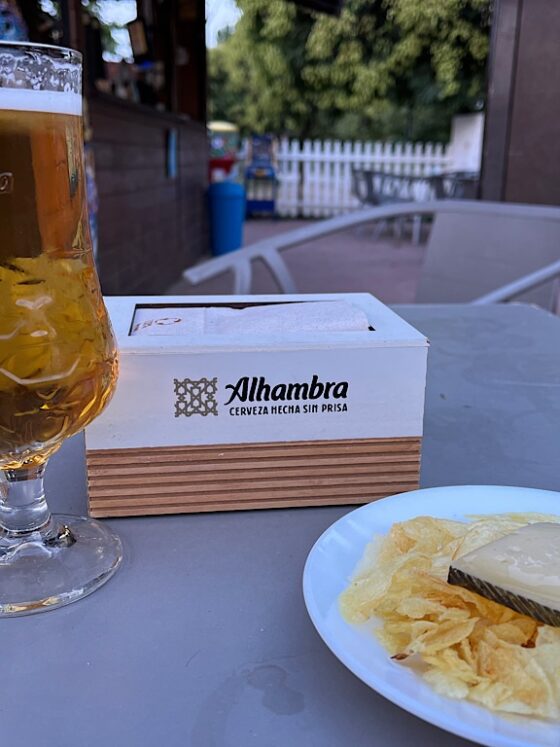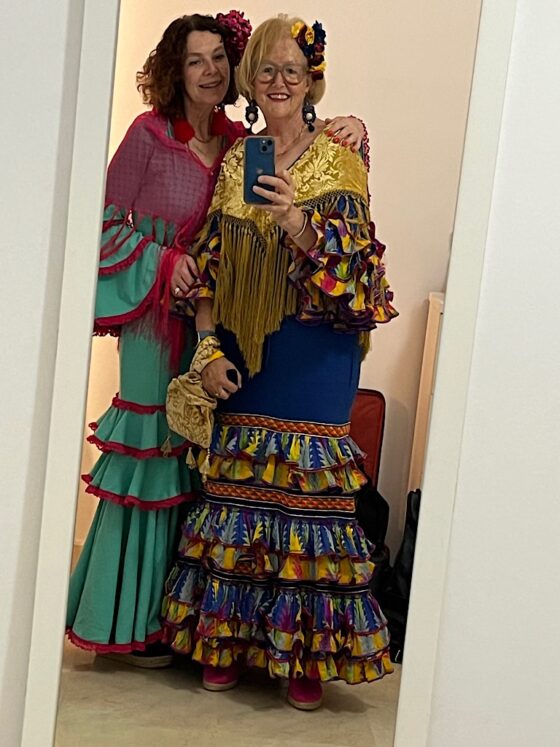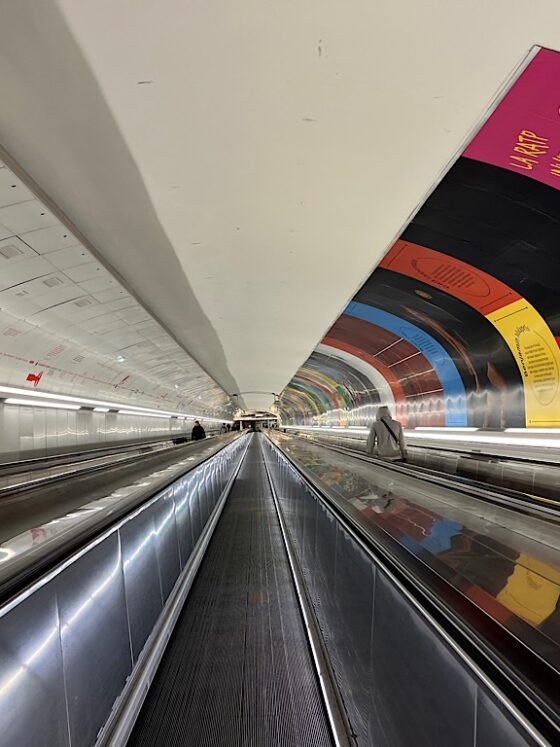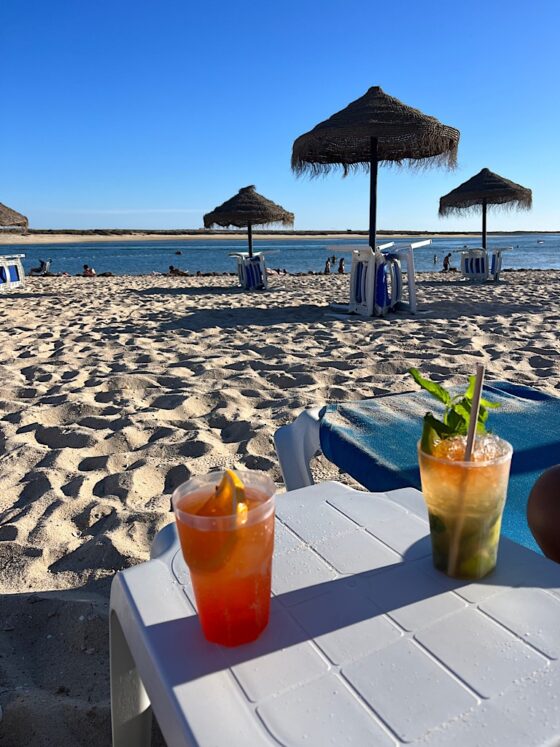A couple of weeks ago, I got the welcome news that my long-suffering estate agent in Capena had found another buyer for my little house – Casa Marconi – in Capena. As I didn’t really fancy setting off to Italy to sign the papers so soon after arriving in Portugal, I looked into the idea of drawing up a power of attorney so that the estate agent could sign on my behalf. After asking around, I was directed to a firm of solicitors in Olhão, the next big town after Santa Luzia in the direction of Faro.
We made an appointment for last week and I allowed myself half an hour to find the office and a parking space. In the event, I needed every second of that. All the cars that are miraculously absent from Tavira and Santa Luzia, seem to be clogging the streets of Olhão and a crucial road was closed due to a new railway underpass being built.
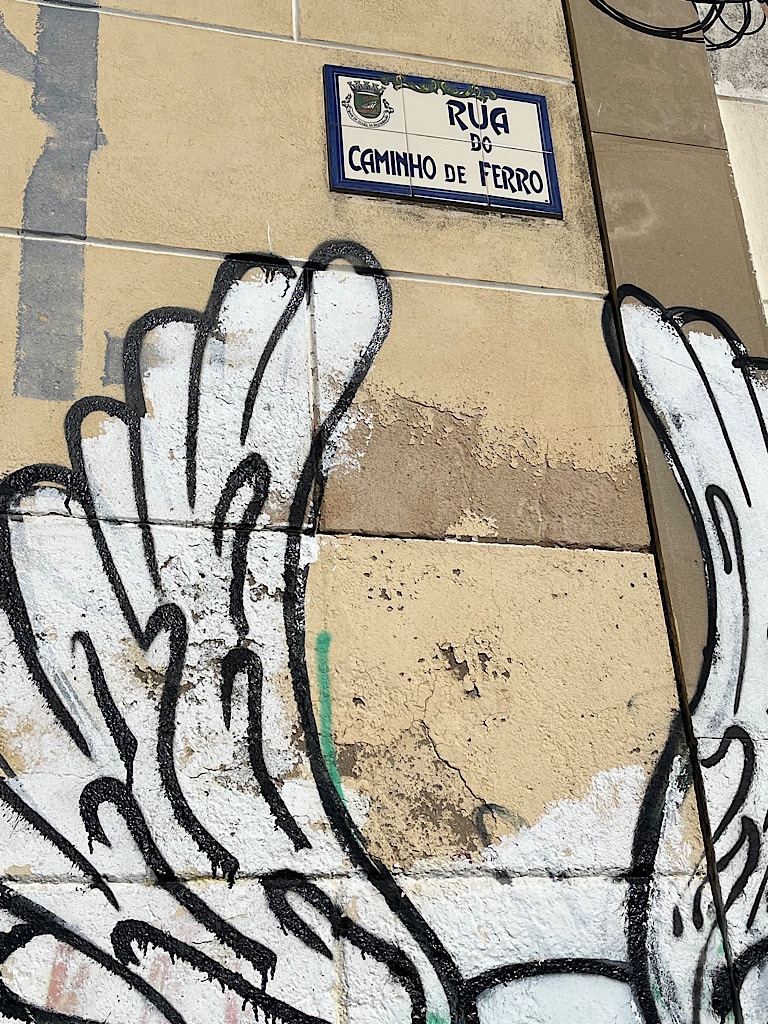
The solicitor was very helpful and could have easily drawn up the power of attorney. The problem was that it would then need officialising with an apostille and the local court takes at least a month to do that. Oh, and the court officials are out on an indefinite strike at the moment.
So that was that. I’m going to have to make the trip to Italy in person as conveyancing is still very much a face-to-face activity over there. But while I was in Olhão, or officially Olhão da Restauração, I decided to have a look round.
Olhão is the biggest fishing port in the Algarve and what I’d seen so far was a fairly large and busy industrial town without anything very attractive to recommend it. All that changes as you get within a couple of blocks of the sea front, where a holiday atmosphere reigns with plenty of bars and restaurants.
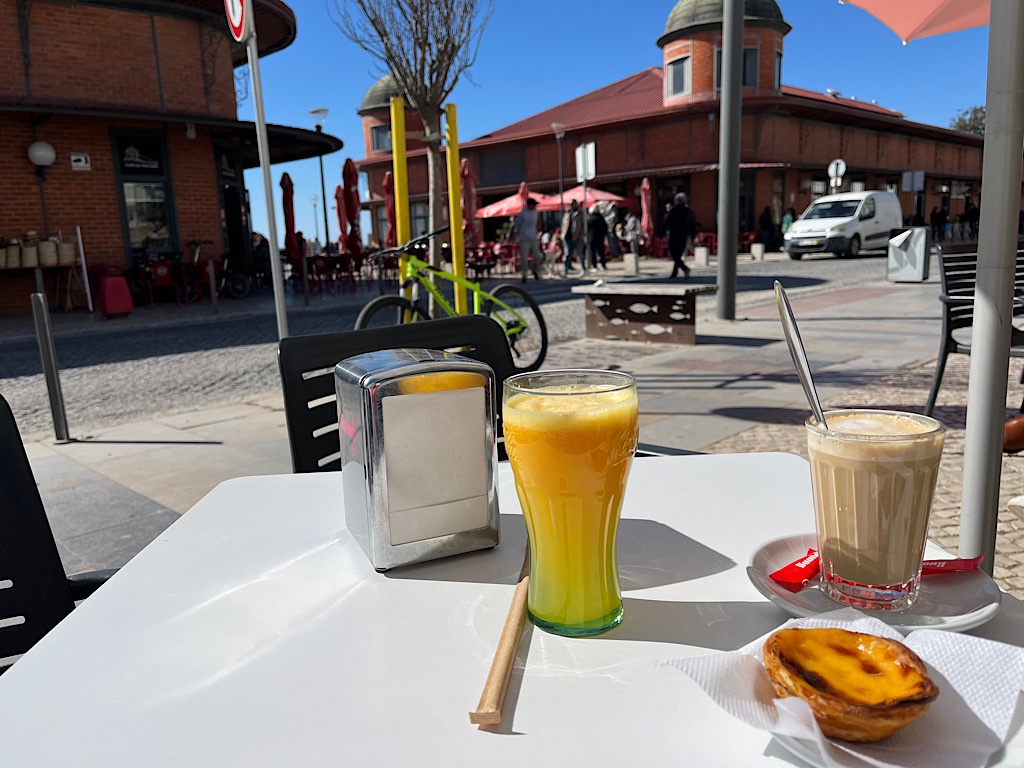
I’d been told that Olhão has a really good market and it didn’t disappoint. The solid-looking red-brick Mercado Municipal was built in 1915 and renovated in 1997. One of the two market halls is for fruit and vegetables and the other is for produce from the sea – some of which was entirely foreign to me, particularly the dried, unidentifiable sea creatures.
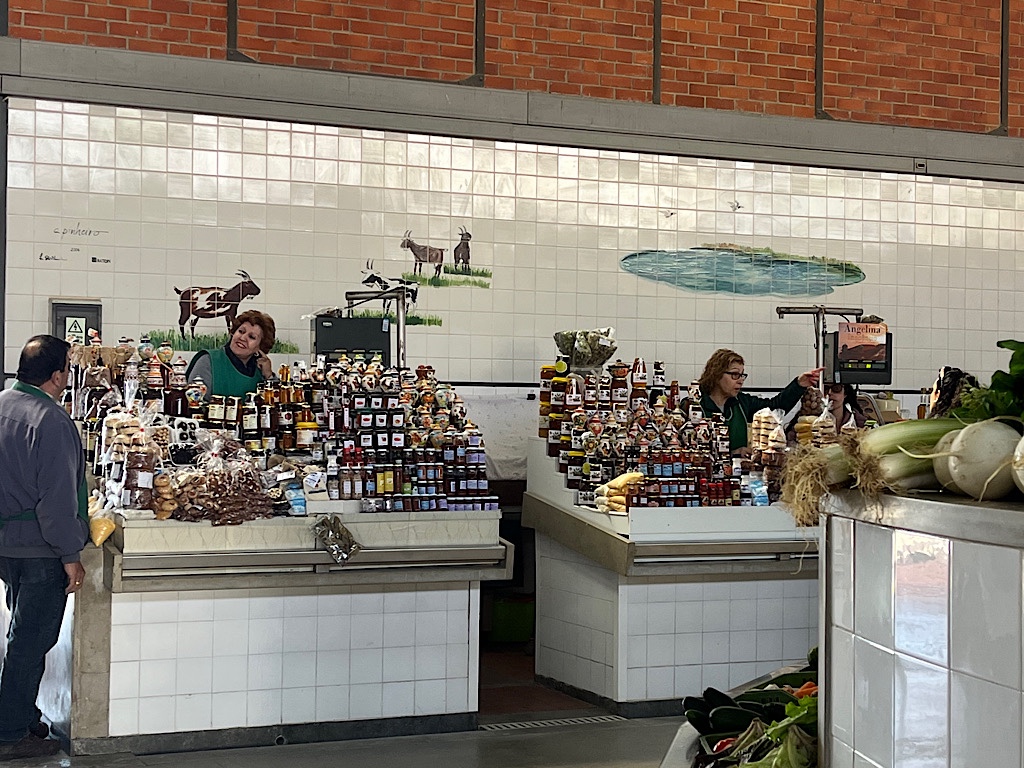
As in Tavira, a market is held every day of the week except Sundays, but on Saturdays the markets really come into their own with the area around filled with stalls selling all manner of local delicacies.
The sea front and promenade are beautifully laid out with plenty of parking. Offshore, you can see the Ria Formosa, the estuarine national park that stretches from Faro to the Spanish border, protecting the coast from the Atlantic beyond and providing a haven for wildlife.
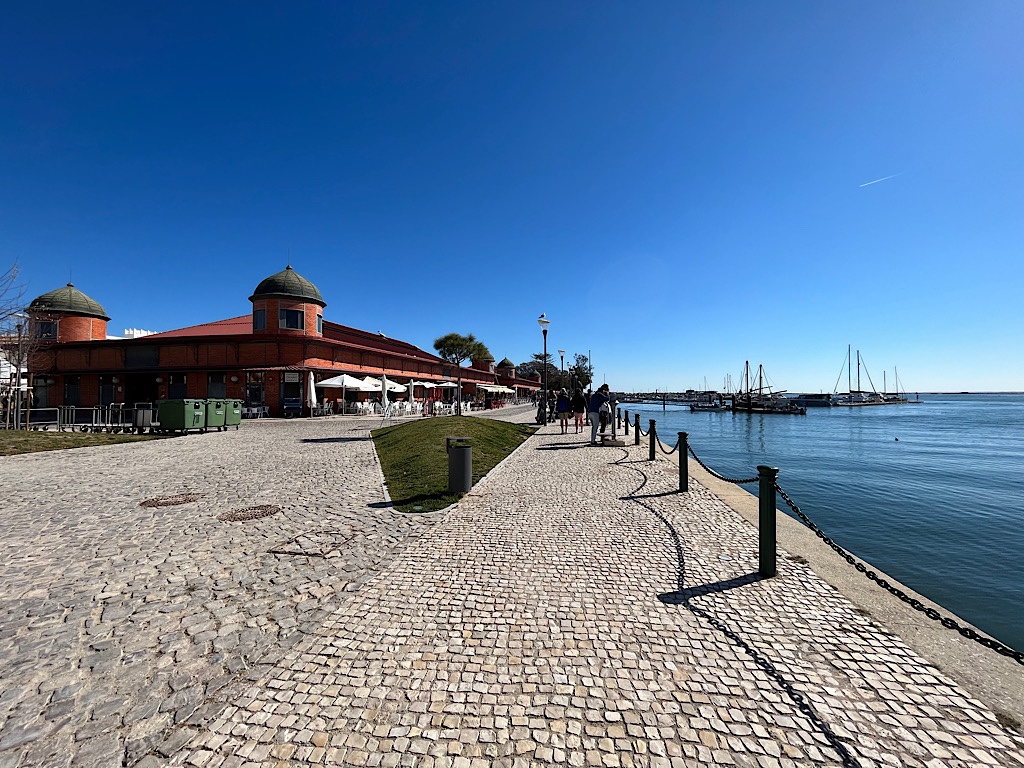
You can take ferries to the islands off Olhão, where round 80% of Portugal’s clams are allegedly fished: Farol, Armona, Deserta (which really is deserted) and Culatra. The beaches on the islands are supposed to be amazing and I look forward to checking those out.
